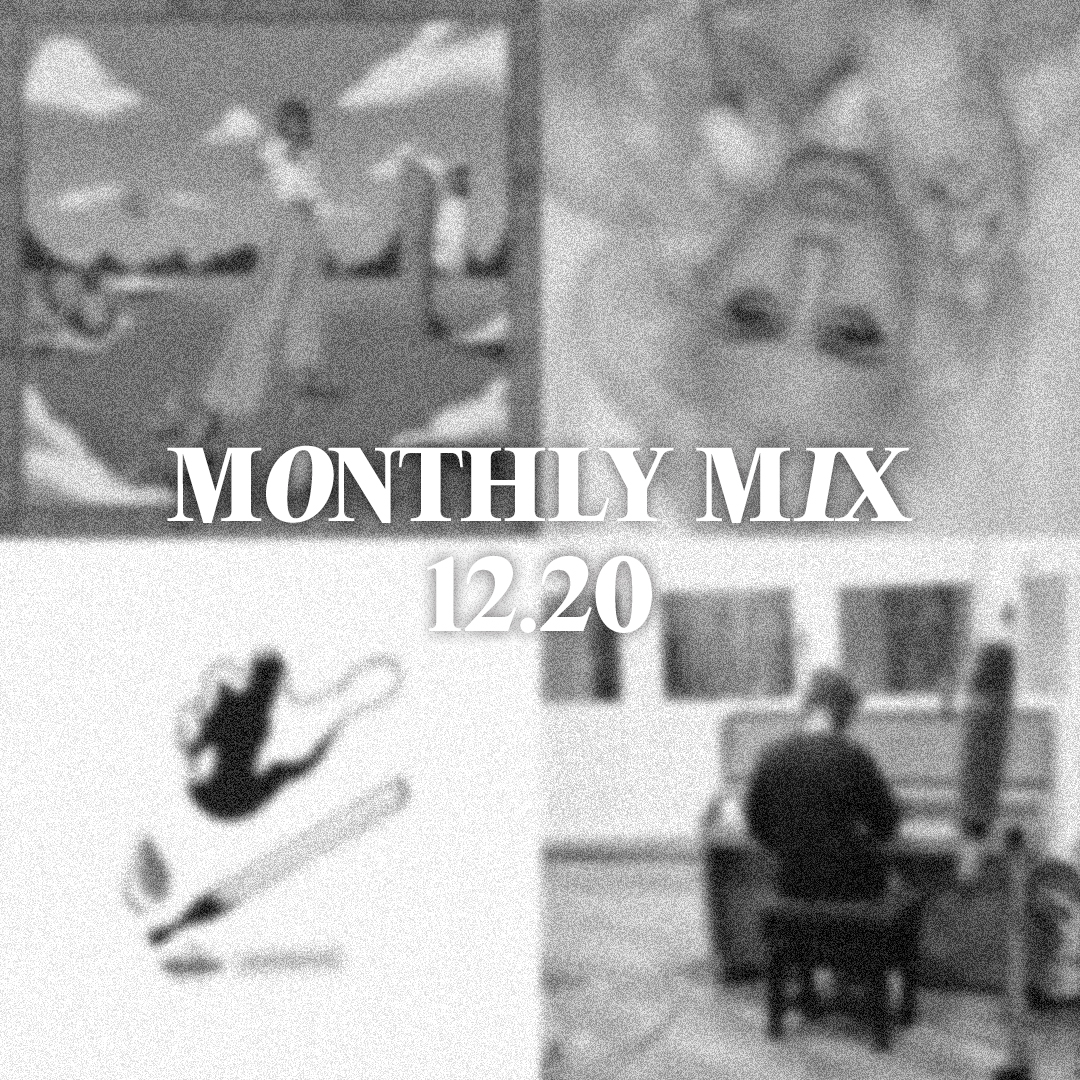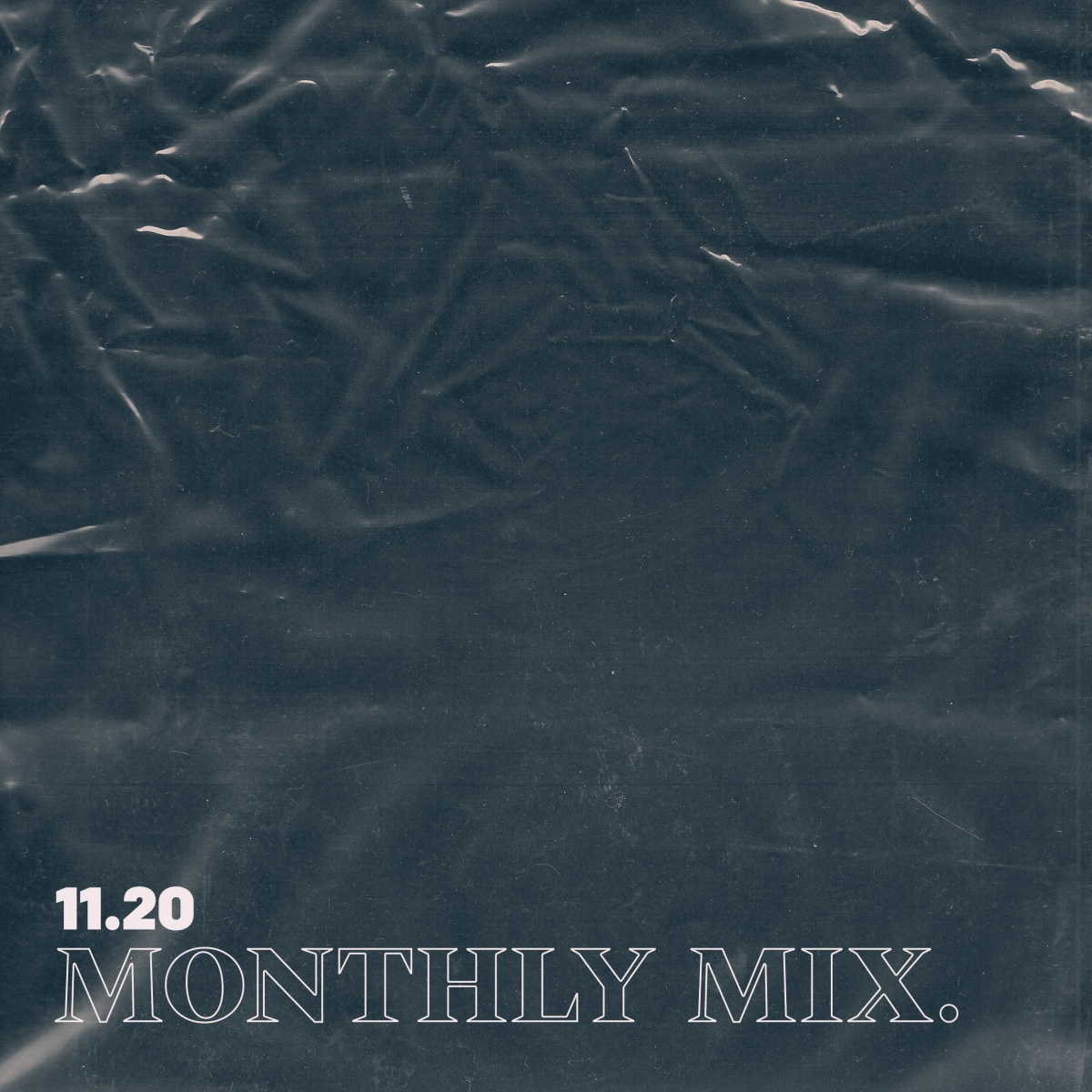18-year-old Olivia Rodrigo is this decade’s latest Disney teen actress to successfully break into the pop music world — and take it by storm. Rodrigo skyrocketed to fame with her debut single driver’s license last January 2021. Since then, it’s reached number 1 in multiple countries worldwide, fueled a Saturday Night Light sketch with Netflix’s Bridgerton star Regé-Jean Page, and has cemented its place in social media history as a Tiktok sound, Twitter trend, and more.
In the months since, she’s gone on to perform on multiple awards shows, be on the cover of Billboard, and maintain her growing fanbase. She’s even gone on to be “adopted” by superstar Taylor Swift as her “baby“. However, like all teen pop stars in the history of, well, forever, the rise to stardom hasn’t been all roses and daisies.
I’ll be honest: when driver’s license came out I was very quick to brush it off. Of course I did, I’m a pretentious music nerd who writes music reviews and listens to FKA Twigs, Phoebe Bridgers, and Mitski. I shrugged it off as another pop ditty — just another breakup song about an ex-lover. If you take a look on music-nerd Twitter, Reddit, or Anthony Fantano’s YouTube comments sections, then you’ll know that my initial take is not new. Aside from the takes shrugging off the “uninspired-ness” of driver’s license, there are other, more scathing and misogynist remarks harping on how Rodrigo writes about her breakups or relationships. Three singles about breakups later, one can’t help but be reminded of how the public treated Taylor Swift when she was penning her earlier albums such as her self-titled, Fearless, Speak Now, Red, and even 1989.
I can’t be the only one who remembers the great undermining and hate that Swift was branded in the mid 2000s to 2010s. Swift and her “obsession with her exes” has become a pop culture trope that’s been incessantly joked and written about. Just like Rodrigo is now, it bears reminding that Swift was literally a teenager when she was entering the music world. Actually, Swift was 2 years younger than Rodrigo is now when she first released Tim McGraw. Rodrigo is an 18-year-old girl, in her senior year of high school, writing about very 18-year-old high school topics — why should she pander to 28-year-old men who listen to The Velvet Underground and Neutral Milk Hotel? When I was a high school senior (which was…a little more than 2 years ago), I also had earth-shattering heartbreaks that felt like the end of the world. We need to stop expecting all 18 year olds to wax poetry about mid-life crises with Sufjan Stevens-like musical arrangement.
Rodrigo’s music is what this generation’s version of Fearless-era Taylor Swift sounds like. It’s honest. She sugarcoats nothing and articulates her pain as it is. She peppers her lyrics with personal anecdotes and imagery: driver’s licenses, Billy Joel and Uptown Girl, crying on the floor of her bathroom. She lets her listeners in to a real-like description of her life. It’s with this honest catharsis that makes teenage girls gravitate and connect with her music.
It’s exciting to see how Olivia Rodrigo will mature and grow in this industry (especially with Taylor Swift at her side as her mentor). What’s exciting about seeing this star at such an early age is watching her music evolve and change as Rodrigo evolves and changes over time. Based on the varied styles of her singles from her debut album, SOUR, it’s evident that she’s only at the cusp of exploring what she’s capable of. But if we’ve learned anything from Taylor Swift’s over 15 years of growing in the limelight, we can only expect Rodrigo to keep commanding the attention she deserves.
Listen to Olivia Rodrigo’s new single, good 4 u, here.











